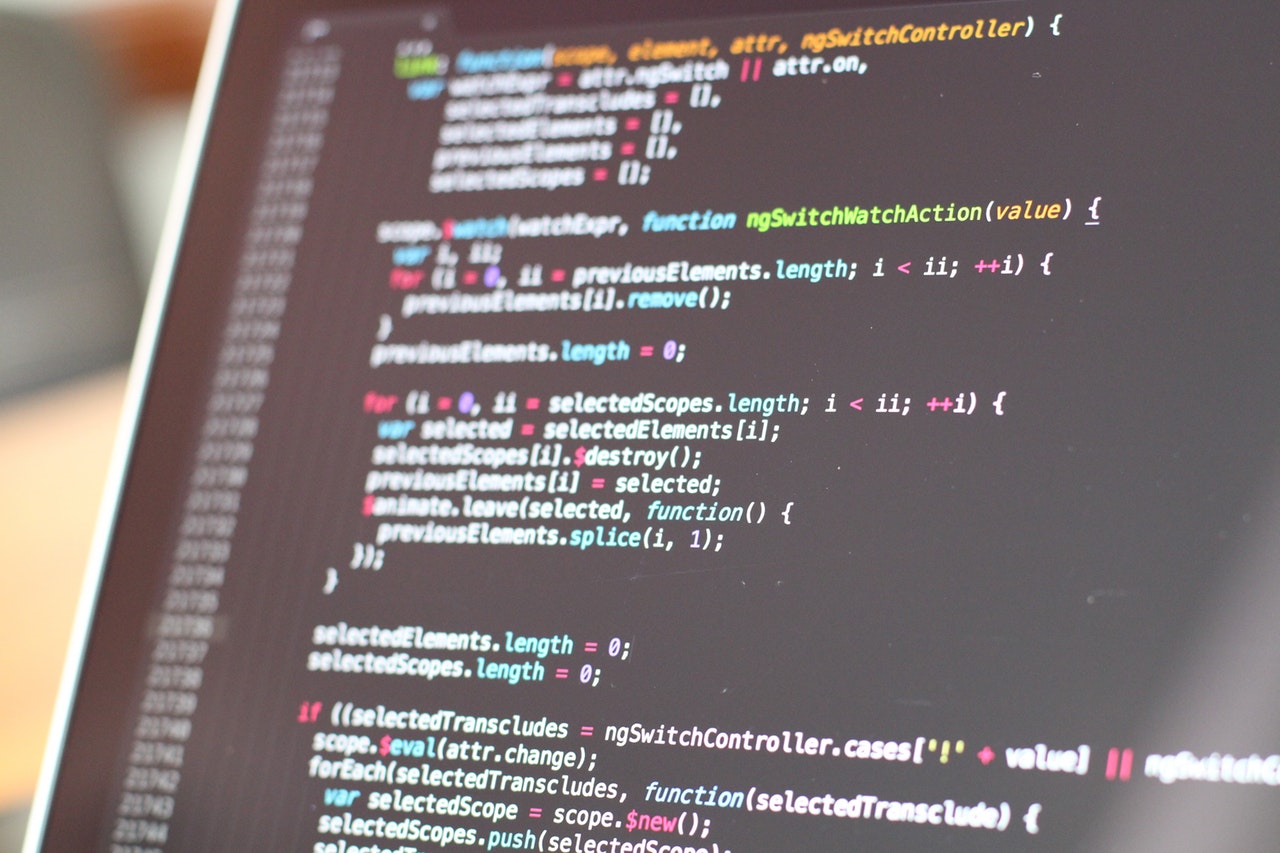This is a part of my series on freelancing in China. For more articles on the subject, click here.
I recently had to cancel a contract with a freelance client, which is something I hadn’t had to do for a long time. Now typically, I’m pretty good at sniffing out a nightmare client before I sign any agreement, but in this case I let a few factors cloud my judgement and wasted almost two weeks of my time before pulling the plug. I’ll write more about that experience soon, but I wanted to take some time to talk about a similar topic, which is when to take money from a client and when to begin you work
One of the reasons I had to cancel the contract was because it had been two weeks since I began work on the site and I still had not gotten paid for that work (rookie mistake, I know..) Who knew putting blockchain in front of your company’s name would mean that they were actually much worse at handling money? But what are the times when it’s actually okay to start work without being paid?
The short answer (and the rule of thumb) is: NEVER.
But here are three exceptions where you may consider it. The rules are as follows:
- When you know the client for an extended period of time and they have never paid you late in the past
- When the point of contact is the final decision maker for the project
- When the point of contact is not directly paying you for the project.
What do I mean by these three things? This past weekend, a client, whom I had known for over a year, asked if I could transfer some files to another server from a site I had worked on for him, so that he could pitch a project to Porsche by Monday. I knew I had the time, so I agreed, keeping the above principles in mind. I had a working relationship with this person and his company for over a year and I was confident in their ability to pay the invoice. This was already an established client — make sure that you never start working for a new client without receiving at least 30% of the payment in advance (if you want an article on freelance payment structures, let me know).
Never start working for a new client without receiving at least 30% of the payment in advance
The second factor is this — know who the final decision maker is in the process and make sure you are connected to them directly. If there is a CEO/COO/CFO/CWhateverO above the person you’re communicating with, never start work without an upfront payment, because you cannot be responsible for the superior changing his or her mind and failing to communicate that down the line.
The last factor — is the person paying you directly or is the money coming from someone else? In this case, the money would be reimbursed from the company’s finance department, and though they never had issues paying the invoice in the past, they are — as finance departments tend to go — quite slow. I knew my invoice would take at least 2–3 days to process and having worked in an environment where pitches had tight deadlines, those 2–3 days can make or break a project.
In short, there are very few edge cases where you, as the freelance developer, should consider starting a project without an initial payment. What I’ve learned is this: never take the bait of “do us this favor once, we’ll keep giving you projects in the future”, only consider it in the most specific cases, where the delivery date cannot be met with your regular payment schedule.
Anything I missed here? I’ll keep covering other aspects of freelance life in my article series on Medium.





Leave a Reply